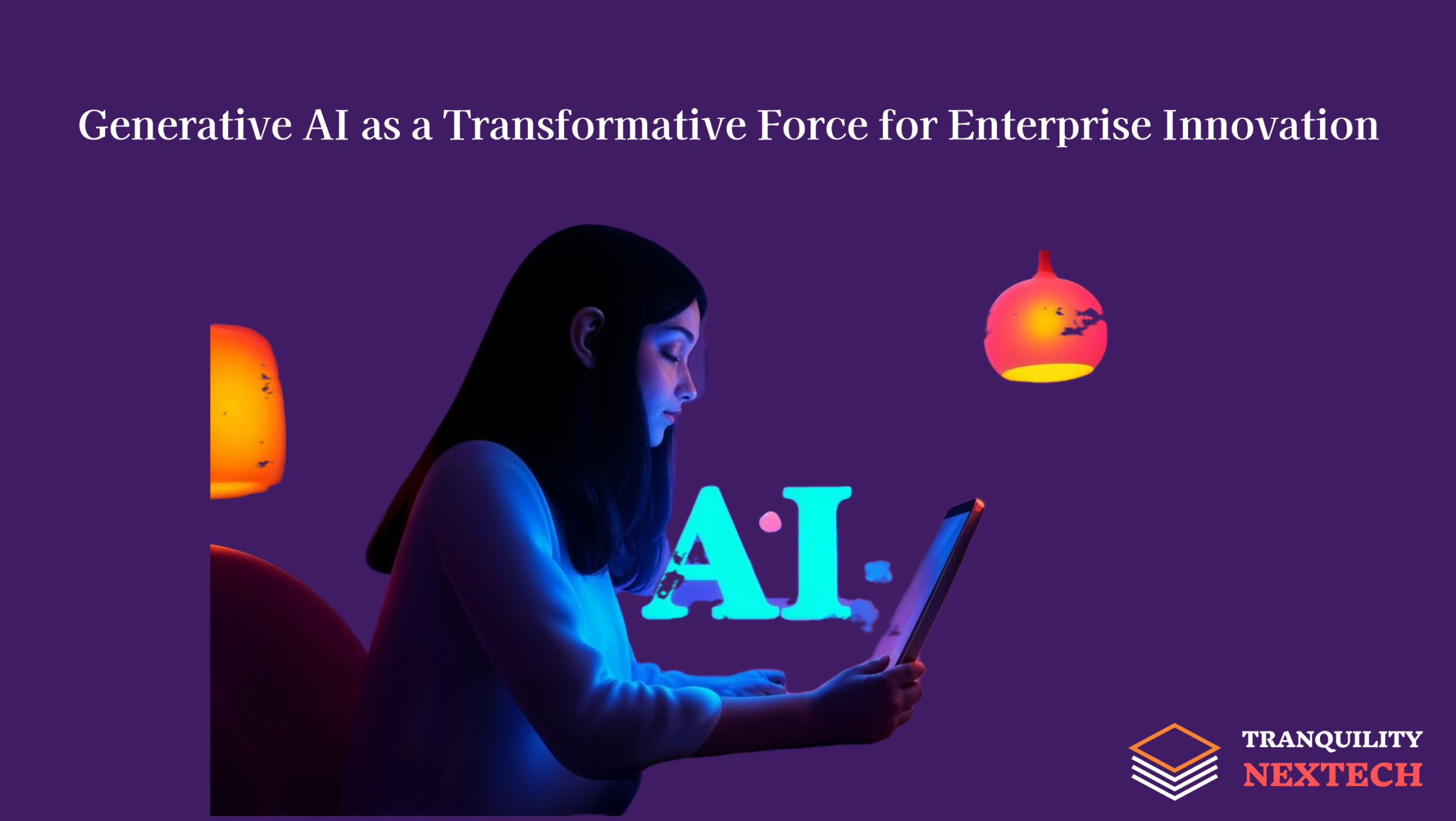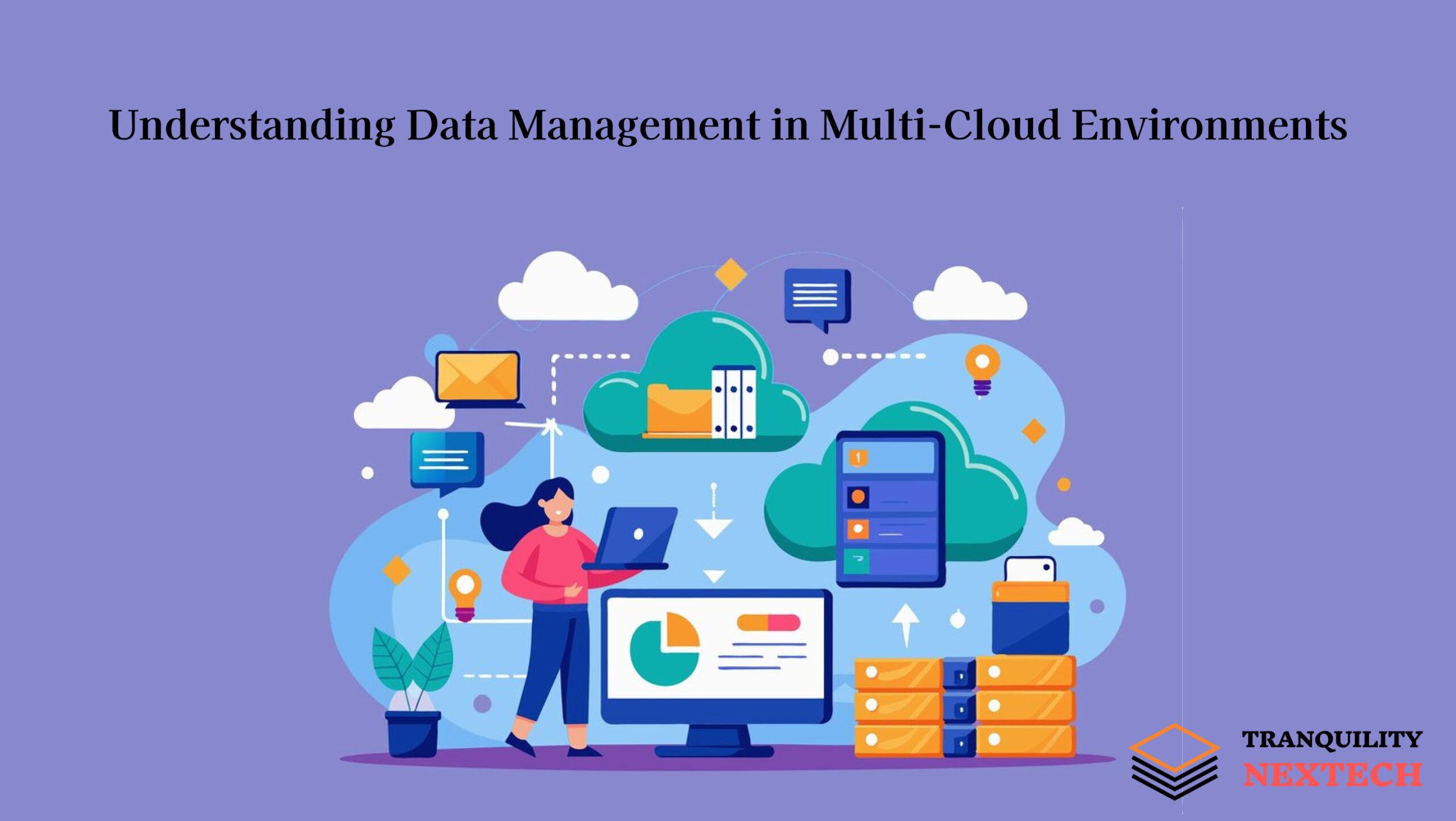In cloud computing, three giants stand out: Microsoft Azure, Amazon Web Services (AWS), and Google Cloud Platform (GCP). Each offers unique services, pricing models, and advantages, making it suitable for different business needs. This blog will overview Azure, AWS, and GCP, discuss the strategies for managing costs on each platform, and weigh the advantages and disadvantages of each platform.
Overview of Azure, AWS, and GCP
Microsoft Azure, Amazon Web Services (AWS), and Google Cloud Platform (GCP) are the leading cloud service providers, each offering a rich array of cloud solutions. These include computing power, storage, databases, and machine learning capabilities and the potential to transform your business with their innovative tools and services.
- Azure: Known for its seamless integration with Microsoft’s software ecosystem, it is preferred by businesses heavily invested in Microsoft products. This integration simplifies the transition to cloud computing and enhances the performance and compatibility of Microsoft-based applications. Azure offers various services, including virtual machines, SQL databases, and Azure Kubernetes Service (AKS).
- AWS: As the pioneer in cloud computing, AWS boasts the largest market share. It provides many services, from EC2 instances and S3 storage to advanced AI and machine learning tools like SageMaker.
- GCP: Google’s cloud platform leverages its data and machine learning expertise. GCP is known for its data analytics and Kubernetes engine, offering robust solutions for big data and AI-driven applications.
Comparison of Azure, AWS, and GCP
| Category | Amazon Web Services (AWS) | Microsoft Azure | Google Cloud Platform (GCP) |
| Strengths | – Market Leader – Extensive Service Offering – Global Reach – Developer and Ecosystem Support – Scalability and Flexibility | – Integration with Microsoft Products – Hybrid Cloud Solutions – Cost Efficiency – Developer Productivity – Global Reach and Availability | – Data Analytics and Machine Learning – Open-Source Commitment – High -Performance Computing – Innovative Services |
| Best Use Cases | – Enterprise Applications – Startups and SMBs – Big Data and Analytics – Machine Learning and AI | – Enterprise IT and Migration – Hybrid Cloud Deployments – IoT Solutions – AI and Machine Learning | – Big Data and Analytics – Machine Learning and AI – Startups and Modern Applications – Kubernetes and Containerized Applications |
| Key Services | – Compute (EC2), Storage (S3), Databases (RDS) – Machine Learning (SageMaker), IoT – Serverless Computing (Lambda) | – Compute (VMs), Storage (Blob), Databases (SQL DB) – Machine Learning (Azure ML), IoT – Serverless Computing (Functions) | – Compute (Compute Engine), Storage (Cloud Storage) – Machine Learning (AI Platform), Big Data (BigQuery) – Serverless Computing (Cloud Functions) |
| Global Presence | Largest number of data centers worldwide | Extensive data centers in many regions | Data centers in multiple regions |
| Integration | Extensive ecosystem and third-party integrations | Seamless integration with Microsoft products | Strong integration with open-source tools |
| Pricing | Pay-as-you-go, various pricing models | Pay-as-you-go, Enterprise Agreements | Competitive pricing, flexible cost management |
| Security & Compliance | Advanced security features, compliance certifications | Strong focus on enterprise security and compliance | Advanced security features, compliance certifications |
Managing Costs on Each Platform
Managing costs is critical to cloud computing, as expenses can quickly spiral out of control if not properly monitored. Here’s how you can manage costs effectively on each platform:
- Azure Cost Management
Azure Cost Management and Billing tools allow you to set budgets, allocate costs, and analyze spending patterns. Utilize Azure Reservations to save up to 72% on reserved instances. Azure Hybrid Benefit can help you save on Windows and SQL Server licenses.
- AWS Cost Management
AWS offers a comprehensive suite of tools, such as AWS Cost Explorer, AWS Budgets, and AWS Cost and Usage Reports. To reduce costs, Leverage Reserved Instances and Savings Plans. Spot Instances can also provide significant savings for non-critical workloads.
- GCP Cost Management
GCP’s Cost Management Tools include Cloud Billing, Budgets and Alerts, and Cost Tables. Use Committed Use Contracts for discounts on long-term usage and Preemptible VMs for cost-effective compute resources for fault-tolerant applications.
Advantages of Azure, AWS, and GCP
Each platform has its strengths, making it suitable for various use cases:
| Azure | AWS | GCP |
| Data Security Scalability and Sustainability Effective Disaster and Recovery Advanced Analytics Compatible Complaints | Easy to use Flexible Cost-Effective Reliable Scalable and high-performance Highly Secure | Faster time to market Scalability and flexibility Cost savings Better collaboration Advanced Security Data Loss Prevention |
Disadvantages of Azure, AWS, and GCP
While each platform has its strengths, there are also some drawbacks to consider:
| Azure | AWS | GCP |
| Complex Pricing Limited Regions | Cost Management Complex Services | Smaller Ecosystem Enterprise Adoption |
Conclusion
Choosing the right cloud platform depends on your needs, budget, and existing technology stack. Azure, AWS, and GCP each offer a robust set of services with unique advantages and some drawbacks. By understanding these platforms and effectively managing costs, you can leverage the power of cloud computing to drive innovation and efficiency in your organization. Whether you prefer Azure for its integration with Microsoft products, AWS for its comprehensive service offerings, or GCP for its data and machine learning capabilities, there is a cloud solution that fits your needs. Keep these insights in mind as you navigate the evolving landscape of cloud computing.
FAQs
- What are the main differences between Azure, AWS, and GCP?
Azure, AWS, and GCP differ mainly in their integration capabilities, service offerings, and cost structures. Azure integrates seamlessly with Microsoft products, AWS offers the most extensive range of services, and GCP excels in data analytics and machine learning.
- Which cloud platform is the most cost-effective?
The cost-effectiveness of a cloud platform depends on your specific use case. AWS, Azure, and GCP all offer cost management tools and discounts for long-term commitments. Evaluating your needs and usage patterns is essential to determine the best fit.
- How can I manage costs on Azure, AWS, and GCP?
Each platform provides tools for cost management. Azure uses Cost Management and Billing tools, AWS offers Cost Explorer and Budgets, and GCP provides Cloud Billing and Budget Alerts. Utilizing these tools can help monitor and reduce expenses.
- Which cloud platform is best for machine learning and AI?
GCP is known for its strong capabilities in data analytics and machine learning, with services like BigQuery and the AI Platform. However, AWS and Azure also offer robust AI and machine learning tools such as SageMaker (AWS) and Azure Machine Learning.
- How Tranquility Nextech Can Help in Cloud
Tranquility Nextech specializes in providing tailored cloud solutions, leveraging the strengths of Azure, AWS, and GCP to meet your business needs. Our expert team can assist you in selecting the right platform, managing costs, and ensuring seamless integration and security.
If you have any queries or require business-related IT solutions, please reach out to us at: shan@tranquilitynxt.com








